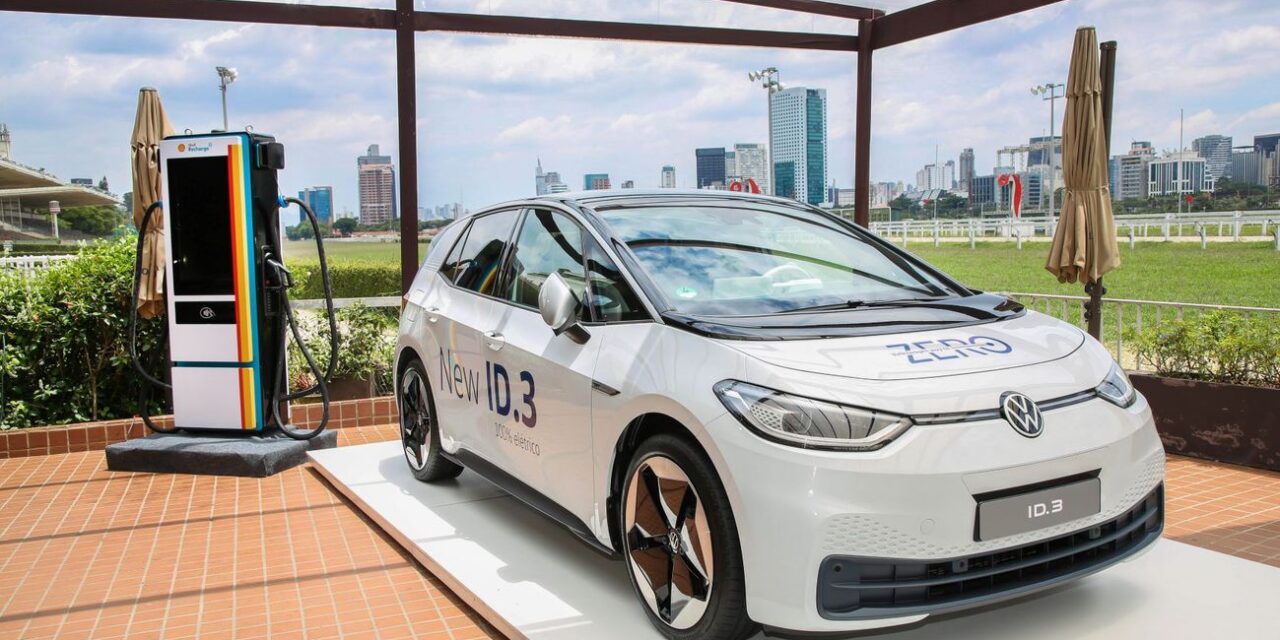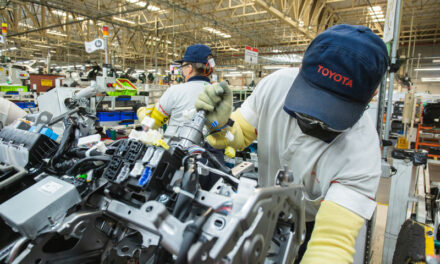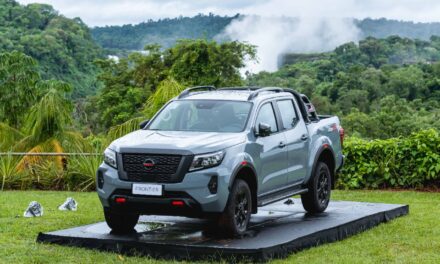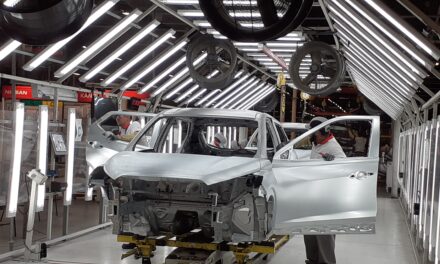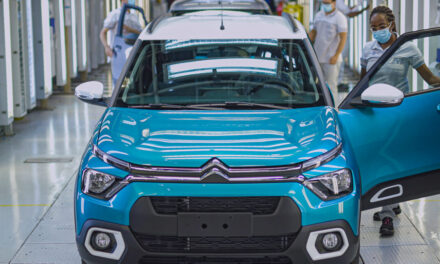By Alzira Rodrigues | 4/13/23 | Translated by Jorge Meditsch
Despite high sales growth indexes, electrified light vehicles in Brazil, including hybrid and 100% electric, maintain an extremely low share. The 14,794 units sold in the first trimester are just 3.4% of this year’s total sales. In 2022, the electrified share in the period was 2.5%. With just 1,975 units sold in the first quarter, 100% electric cars had a 0.5% market share.
Compared to the same period in 2022, when 9,882 electrified light vehicles were sold, internal sales grew by 49.7%.
“In March, 5.990 electrified vehicles were delivered, 39.27% more than in February and 55.71% over March last year. Nonetheless, despite the high percentage, volumes are still very low”, said Fenabrave’s president José Maurício Andreta Jr.
Brazil does not produce 100% electric cars, and this is a reason for its low sales participation. Besides importers, which are investing strongly in this segment, most brands with local production have at least one pure electric model to offer to Brazilian consumers. One exception is Volkswagen, which recently announced the arrival of the ID.3 in the second semester.
There are hybrids offered by Toyota, such as the Corolla and Corolla Cross, and by Caoa Chery. Stellantis and Volkswagen say they are developing flex hybrid vehicles to produce in Brazil but did not release dates for launch.
Regarding future production of 100% electrics, Anfavea’s president, Márcio de Lima Leite, says it is needed to end the import tax exemption for these models. “We need previsibility. Nobody will invest in local production if there is no taxation for vehicles coming from abroad”.
- Lula assina decreto de regulamentação do Mover - 15 de abril de 2025
- Com novo Kicks, Nissan tem 400 novos funcionários e mais quatro fornecedores em Resende - 15 de abril de 2025
- Abeifa é contra pedido da BYD de impostos menores para CKD e SKD - 11 de abril de 2025

